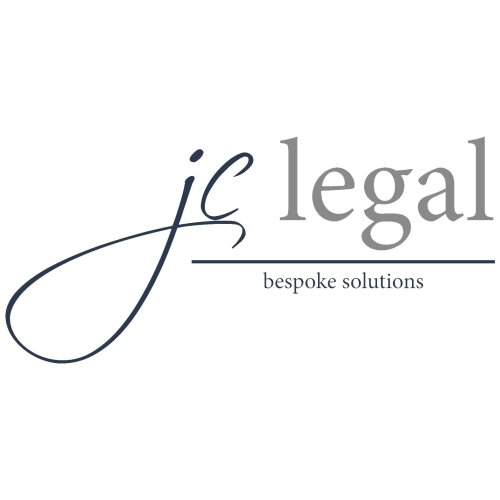Best Collaborative Law Lawyers in Sheung Wan
Share your needs with us, get contacted by law firms.
Free. Takes 2 min.
Free Guide to Hiring a Family Lawyer
List of the best lawyers in Sheung Wan, Hong Kong
About Collaborative Law in Sheung Wan, Hong Kong
Collaborative law, also known as collaborative practice, is a legal process that aims to resolve disputes without proceeding to court. In Sheung Wan, Hong Kong, collaborative law is primarily used in family law cases such as divorce, child custody, and separation proceedings. It involves open communication and negotiation between parties, guided by their respective lawyers. This method allows parties to reach an agreement that meets their mutual needs and addresses their concerns in a more amicable and respectful manner.
Why You May Need a Lawyer
You might require a lawyer in collaborative law if you're going through a divorce or a child custody dispute. In these situations, emotions may run high and it can be challenging to negotiate effectively or reach a fair agreement without legal counsel. Additionally, a lawyer can ensure your rights are protected during the collaborative law process and assist in bringing about a resolution that suits your best interests. They can also provide valuable advice on various aspects of the law, help you prepare for meetings, and facilitate beneficial negotiations.
Local Laws Overview
While there are no specific laws pertaining to collaborative law in Hong Kong, general principles of contract law and family law are significant. Parties who decide to partake in this process are required to sign a "Participation Agreement" wherein they agree to seek a resolution without litigation. If imperative, local civil procedures can be invoked to ensure fairness and equality. In family law cases, provisional regulations under the Hong Kong Family Court Practice Directions apply.
Frequently Asked Questions
What is the main purpose of collaborative law?
Collaborative law aims to facilitate cooperative and constructive resolutions in legal disputes, especially those involving family matters, to prevent the stressful experiences of litigation in the court system.
Can collaborative law apply to other forms of legal disputes?
Yes, while most common in family law, collaborative law can be used to resolve other types of legal disputes like commercial and labor disputes where parties seek mutually beneficial outcomes.
What happens if the collaborative process fails?
If the collaborative process fails, parties may proceed to court for litigation. However, the lawyers engaged for the collaborative process cannot represent the parties in court as they are required to withdraw from the case.
Is collaborative law expensive?
The cost of collaborative law can vary depending on the complexity of the case and time spent. However, it is typically less expensive than court proceedings as it avoids court fees and often results in faster resolutions.
How long does the collaborative law process take?
The duration of the collaborative law process depends on the complexity of the case and the willingness of the parties to compromise. It could range from a few weeks to a few months.
Additional Resources
The Hong Kong Family Law Association and the Law Society of Hong Kong provide plenty of resources about collaborative law, upcoming events, and a list of accredited collaborative professionals in Hong Kong. For those seeking advice or are interested in using collaborative law, these organizations can provide invaluable guidance.
Next Steps
If you are considering utilizing collaborative law to resolve a dispute, the first step is to inquire about such services from your family lawyer or seek professional advice from the mentioned societies. It is essential to communicate openly with your lawyer about your needs and issues concerning the dispute to ensure the collaborative law process suits your case.
Lawzana helps you find the best lawyers and law firms in Sheung Wan through a curated and pre-screened list of qualified legal professionals. Our platform offers rankings and detailed profiles of attorneys and law firms, allowing you to compare based on practice areas, including Collaborative Law, experience, and client feedback.
Each profile includes a description of the firm's areas of practice, client reviews, team members and partners, year of establishment, spoken languages, office locations, contact information, social media presence, and any published articles or resources. Most firms on our platform speak English and are experienced in both local and international legal matters.
Get a quote from top-rated law firms in Sheung Wan, Hong Kong — quickly, securely, and without unnecessary hassle.
Disclaimer:
The information provided on this page is for general informational purposes only and does not constitute legal advice. While we strive to ensure the accuracy and relevance of the content, legal information may change over time, and interpretations of the law can vary. You should always consult with a qualified legal professional for advice specific to your situation.
We disclaim all liability for actions taken or not taken based on the content of this page. If you believe any information is incorrect or outdated, please contact us, and we will review and update it where appropriate.










